Things happen in this world that break our hearts. In many cases, there’s nothing we personally could have done to prevent the events from occurring. Most recently, we’ve seen a number of shootings occur across the country – Brooklyn, Gilroy, El Paso, and Dayton. People – old and young – lose their lives, and in the midst of it all, as human beings, we must stand together and mourn together. This is why candlelight and prayer vigils are necessary and helpful.
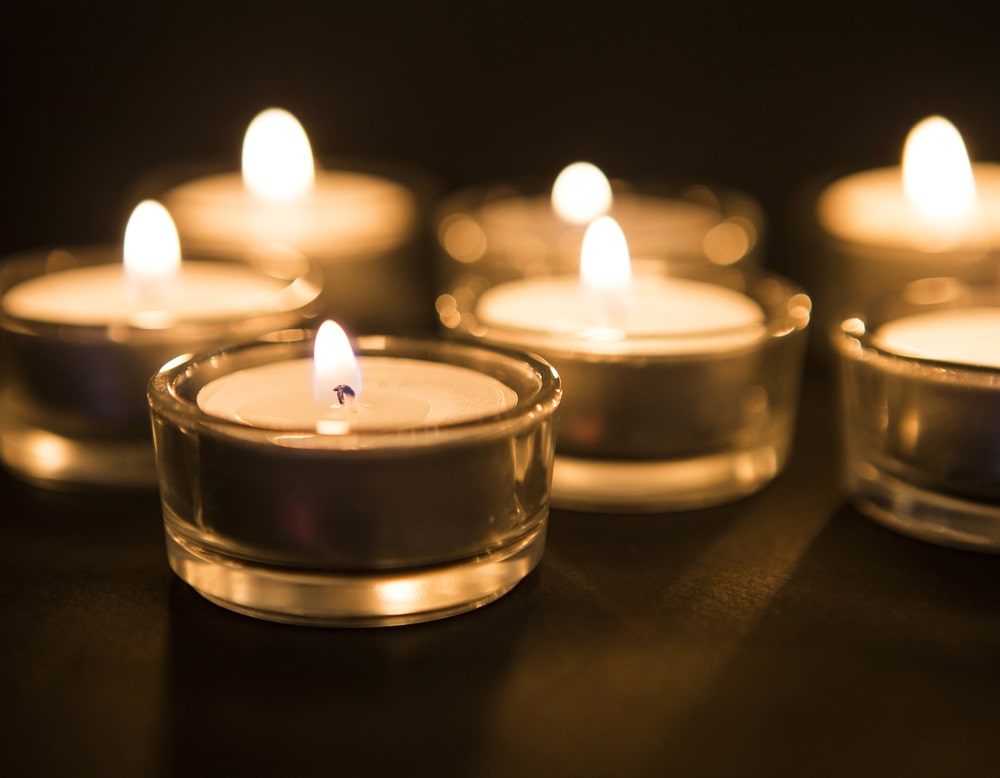
The grief journey is long and hard. On some days, we feel horrible, while on other days, we feel bad for feeling okay. All of this is part of the journey toward reconciliation. Dr. Alan Wolfelt, a nationally respected grief educator and counselor, says, “We, as human beings, never resolve our grief, but instead become reconciled to it…You don’t get to go around or above your grief. You must go through it. And while you are going through it, you must express it if you are to reconcile yourself to it.” In other words, we should not seek a resolution to our grief, but instead, we must pursue reconciliation. We will not “get over” what we’ve lost or go back to our “old normal.” However, we can find our “new normal” and renewed purpose and meaning.
In many ways, this healthy human need to grieve is one of the many reasons why attending a vigil may be helpful to your grief journey, especially after an expected or traumatic event. Here are 5 more reasons why attending a vigil may assist you in your grief.
Vigils Provide a Time of Remembrance
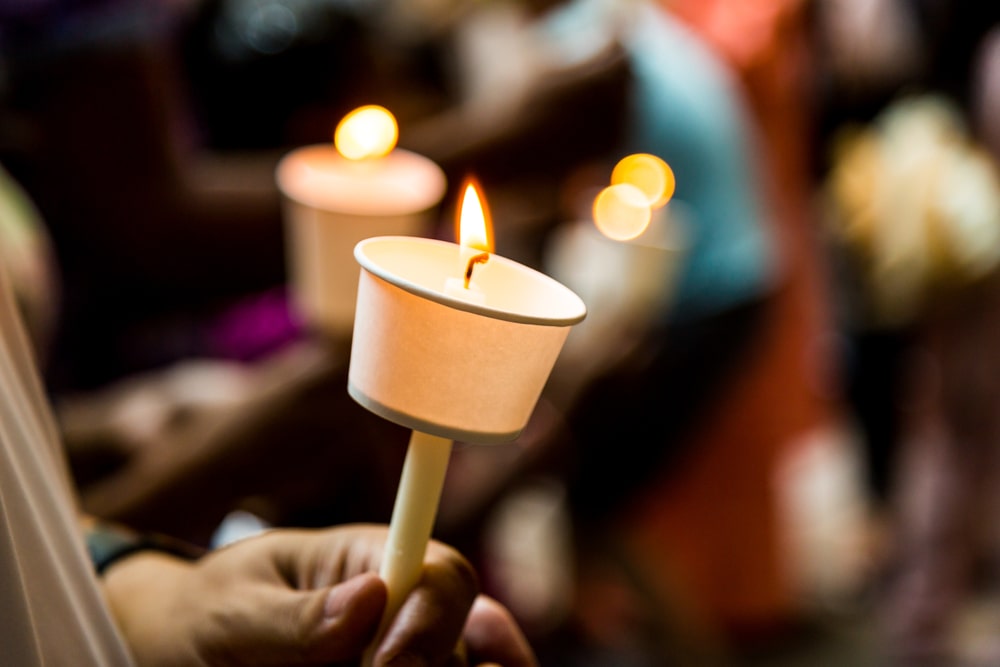
First of all, a vigil is about remembering the person or people who have died. Everyone takes time to intentionally dwell on and recall each life and mourn their loss. Often, close loved ones speak and share memories and anecdotes. These stories draw us in and give us a glimpse into the person’s life that we may not have had before. As a result, we feel closer to the one who has died and can mourn in a more personal way.
Vigils Are an Invitation to Action
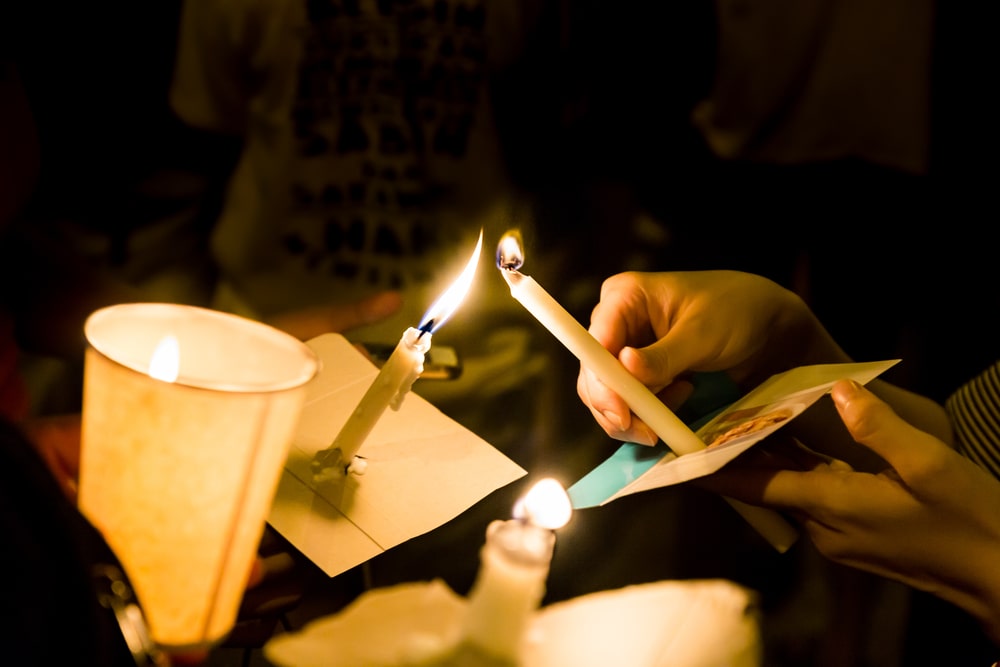
Taking part in symbolic actions has grief-healing benefits. Dr. Wolfelt says, “When mourners light a candle…they are provided with a physical means of expressing their grief.” Mourning is the outward expression of an internal grief. In order to heal and find a way to move forward, we must allow our grief expression and give motion to our feelings. Attending a vigil or funeral, lighting a candle, or writing a grief journal are all examples of putting motion to grief.
Vigils Affirm Our Values and Beliefs
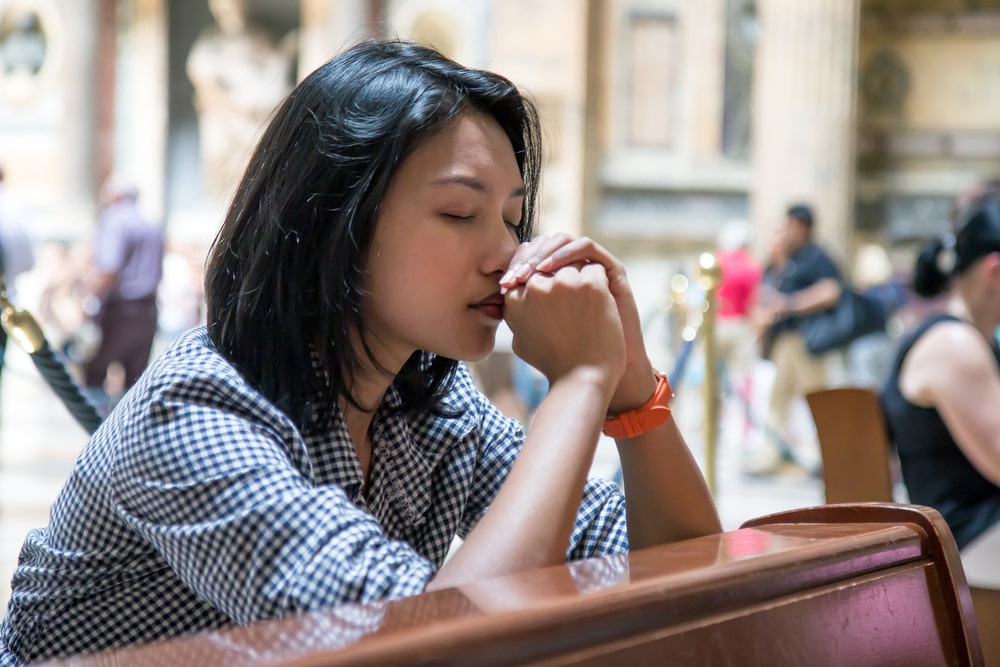
A third benefit to vigils is that they provide a time for us to affirm our values and beliefs. We come together with a common purpose: to mourn the loss of someone precious. During this time, we also remember that we value life, we all know the pain of loss, and we all believe in a better world. In a moving speech at a candlelight service just after 9/11, Dave Frohnmayer put it this way, this is “a time to understand even more clearly what we believe…and proudly to affirm, live and act upon those beliefs.”
Vigils Are an Expression of Our Love and Emotions
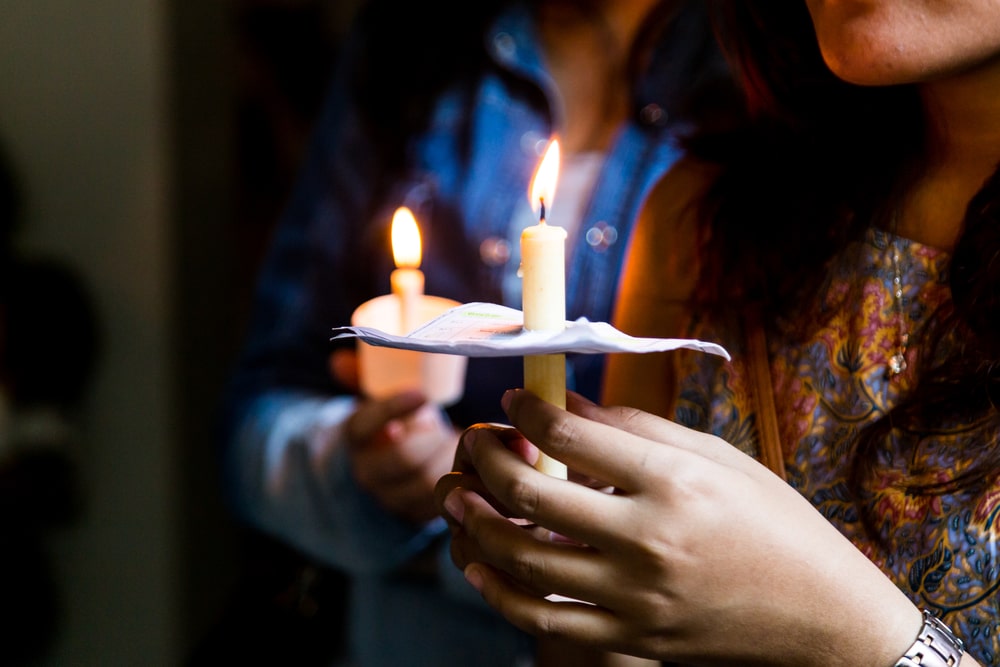
Loss unleashes a variety of emotions: confusion, yearning, anger, sadness, guilt, regret. We should not feel ashamed of our emotions; we feel what we feel. Many times, society as a whole frowns upon open expressions of grief, but this attitude is flawed. We are human. We feel, and we feel deeply. It would be unnatural not to grieve. The vigil offers an opportunity to move toward embracing your pain so that you can begin to process the loss that you feel.
Vigils Provide an Opportunity to Offer Support and Stand in Unity
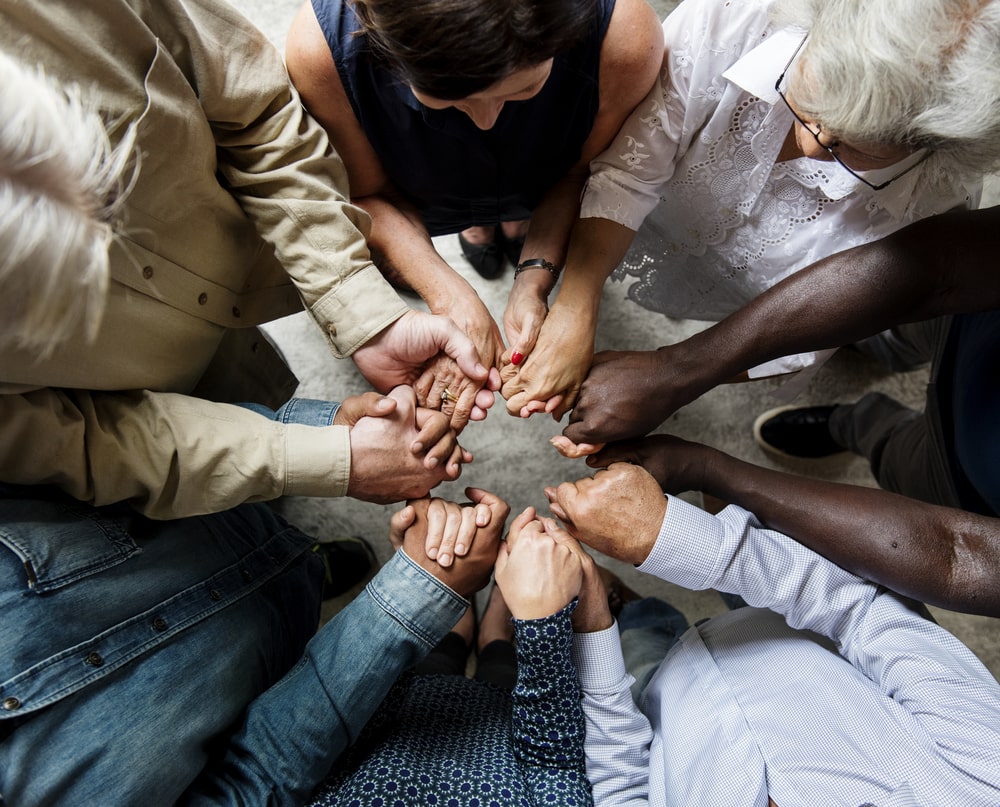
Finally, a vigil brings us together as one people, one community. It is an opportunity to offer and receive support, which is absolutely vital to healthy healing. Dr. Wolfelt puts it this way, “The quality and quantity of understanding support you get during your grief journey will have a major influence on your capacity to heal.” So, a vigil provides us the ability to join with others, to stand in unity, and to mourn the loss together. We are not meant to live life alone, and our journey with grief is no different.
If you’ve lost someone to an unexpected or traumatic event, please know that your grief is normal and to be expected. Do not feel ashamed of whatever it is that you feel. Instead, do the work of grieving. Attend a candlelight or prayer vigil. Talk to people. Find a support group. Write down what you’re thinking and feeling. Paint. Dance. Whatever it is that you need to do to express your emotions in a healthy way, do it! The process will not be easy, and there will be days when you just want to give up. But if you keep moving forward, you will one day find that the intense pangs of grief are less frequent, and you have renewed hope for the future.




